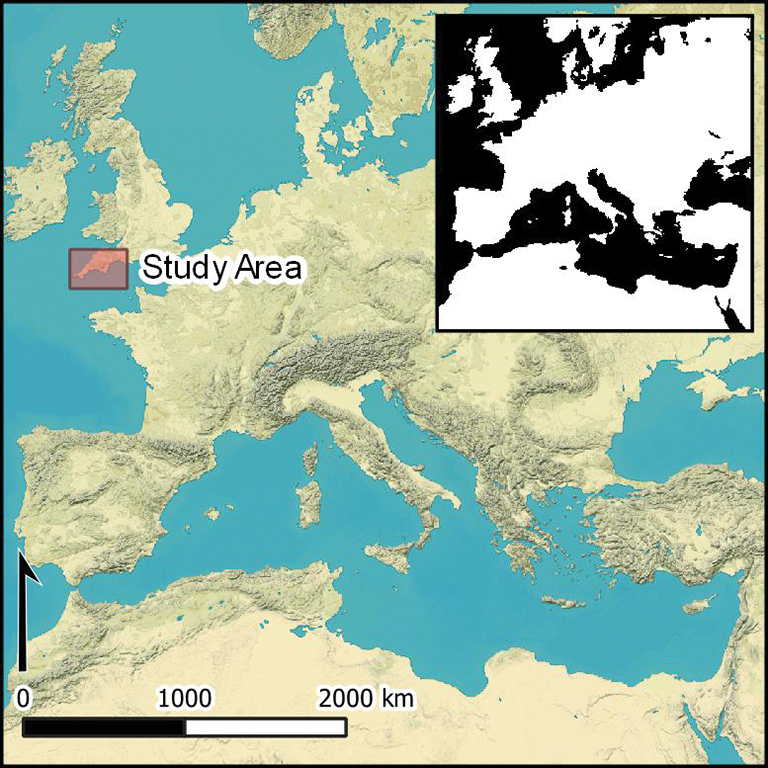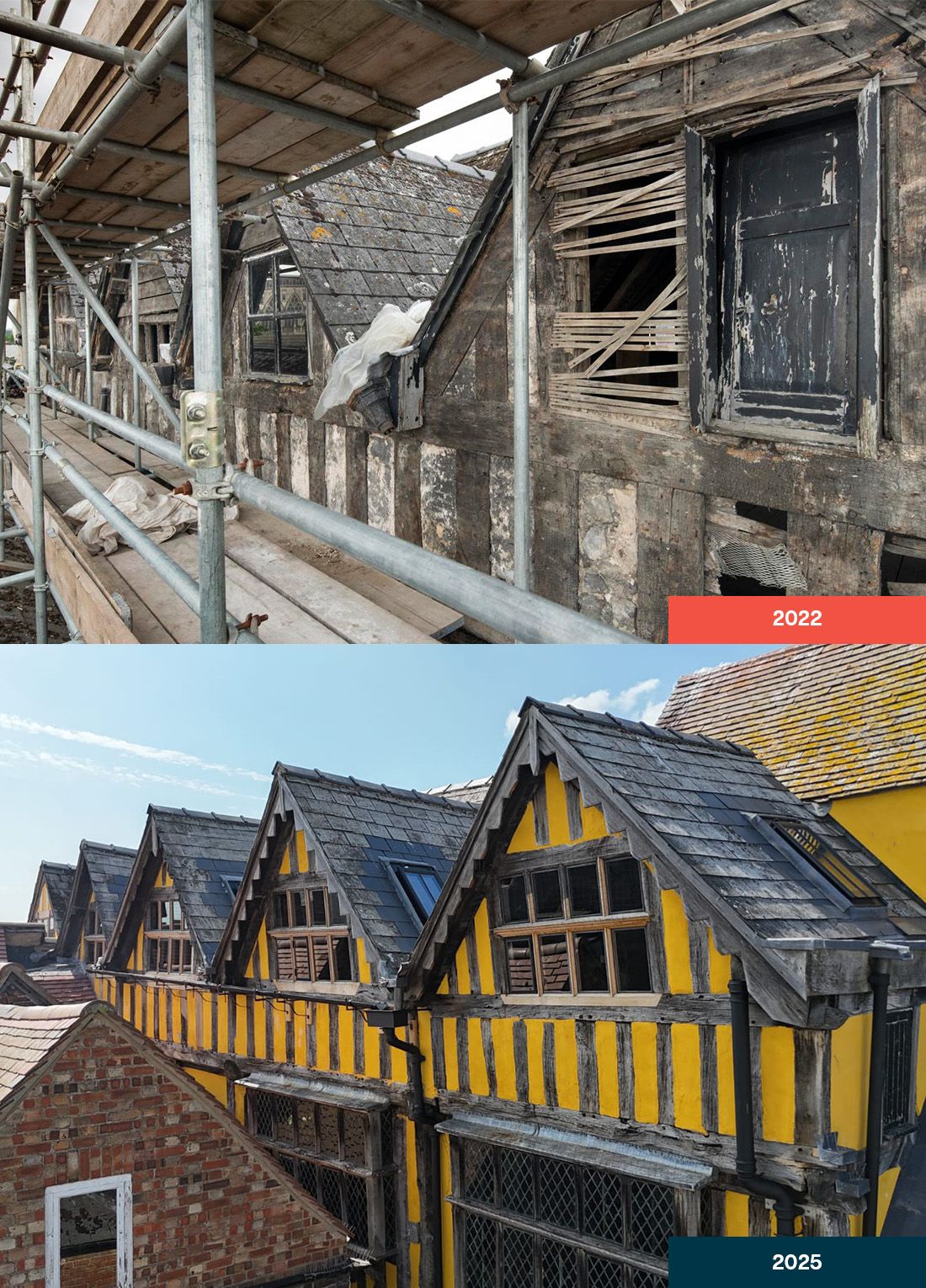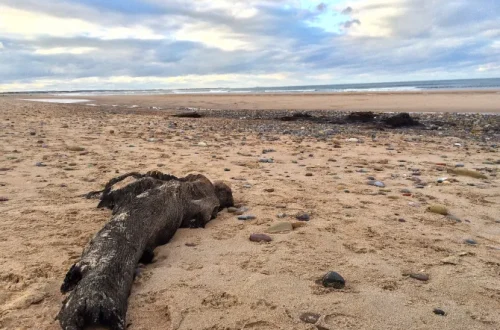New research from Durham University confirms that Britain’s tin trade was crucial in transforming the Bronze Age across Europe and the Mediterranean. Researchers uncovered evidence of a sophisticated long-distance trade network by analysing tin ingots from the Uluburun shipwreck off Turkey’s coast, dated to around 1320 BCE. Using advanced chemical and isotopic analyses, the team traced the tin’s origins to Cornwall and Devon in southwest Britain, establishing these regions as major suppliers of tin for Mediterranean bronze production.

The findings highlight Britain’s pivotal role in the era’s technological and cultural advancements. Tin, essential for creating bronze, was transported over 2,500 miles by land and sea, connecting Britain to civilisations in modern-day Turkey, Greece, and beyond. This trade network facilitated the exchange of goods, ideas, and innovations, shaping societies across the eastern Mediterranean. The study also confirms that Britain’s tin enabled the widespread use of bronze tools and weapons, revolutionising agriculture, warfare, and art.
Published in Antiquity by Dr Benjamin Roberts, Dr Alan Williams and Dr Kamal Badreshany, the research reveals the complexity of ancient trade routes and Britain’s early integration into global networks. The team’s ongoing work aims to further explore how these connections influenced prehistoric Europe’s cultural and technological developments.


